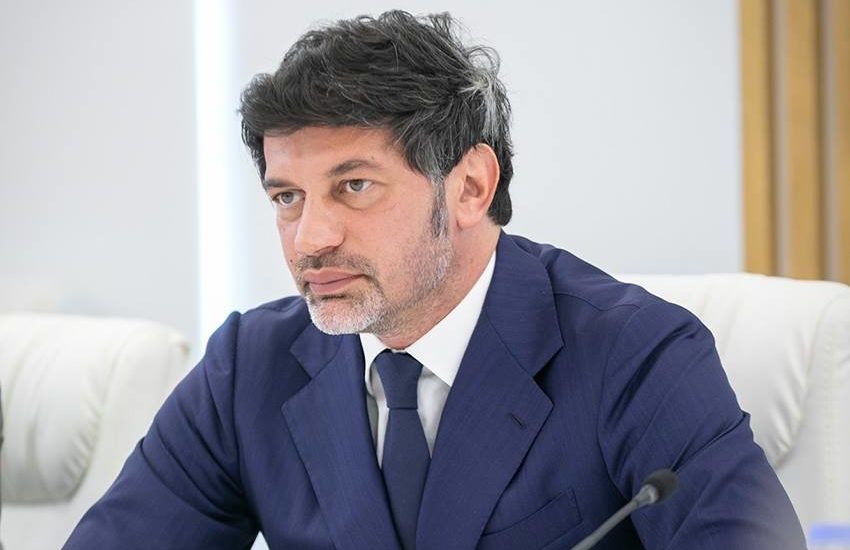What does the Law on Construction Amnesty mean?
- May 7, 2021
- Posted by: Admin
- Category: News

Tbilisi Municipality City Hall has submitted a draft law on Construction Amnesty to the parliament. The legislative package, which deals with the construction amnesty, requires criminal liability for certain violations.
The amnesty applies to all types of construction, from the first to the fifth grade, which is produced on the basis of a construction permit and construction is completed by August 18, 2020. If K1, K2, K3 parameter, exterior or interior, boundary zone, development adjustment lines, development height adjustment lines, functional zone, number of parking lots or construction part of the project are violated, but their safety is confirmed by an accredited expert, all the above violations will be considered excusable and penalties imposed for the violations will be written off.
As the Mayor of Tbilisi explains, the current legislation did not allow for full and effective supervision and proper response to violations.
In addition to amnesty, the mentioned legislative package envisages a number of preventive measures. Including that, at the request of the municipality, if construction is not suspended again, it will result in criminal liability.
It should be emphasized that the owners of these buildings today are the population of Tbilisi. As the current legislation did not allow for full and effective supervision and proper response to violations, in Tbilisi we received hundreds of completed constructions, which were carried out with various violations, and today the owners of these facilities are the inhabitants of Tbilisi.
The legislative package we are proposing to the Parliament not only provides for amnesty and forgiveness, but also sets out a number of preventive measures in order to prevent such violations in the future.
In order to avoid such violations in the future, so that after 5-10 years, we do not face a similar reality again.
As you know, a few years ago we increased the number of fines for construction violations. Of course, this has had some effect, but the fact is that we are facing deliberate and intentional violations from construction companies and the problems caused by them, and that is why we introduce criminal liability. In particular, at the request of the municipality, if construction is not suspended again, it will result in criminal liability. At first, there will be a fine, we will make them pay the fine if the construction is carried out incorrectly, and if it is not corrected at second attempt, criminal liability will be imposed”, – said Kakha Kaladze and added that the amendment to the law envisages a ban on the supply of electricity and natural gas to buildings that are not still in operation.
The third part of the legislative package deals with the issue of putting buildings into operation. As you know, today, due to the changes made in 2009, it is allowed to use the buildings and live therein until putting them into operation.
Commissioning means the identification of compliance of buildings with the construction permit and project. According to the current legislative practice, people live in buildings that have not yet been put into operation.
In order to change the established practice and the construction companies themselves have an interest to carry out construction in accordance with the construction standards and the construction permit and to put the building into operation, the amendment to the law provides for a ban on supply of electricity and natural gas to the buildings that are not still in operation.
We have such a reality: the construction is completed in such a way that the developer manages to sell it even without putting it into operation and no one has any interest in putting the building into operation. The developer gets its income and leaves the facility. It does not care whether the building will be put into operation or not, then the people living there will have to bother about it”, the Tbilisi Mayor said.
The mayor of the capital city hopes that the mentioned bill will be supported by the parliament.
Source: fsgroup.ge
03.03.2021

